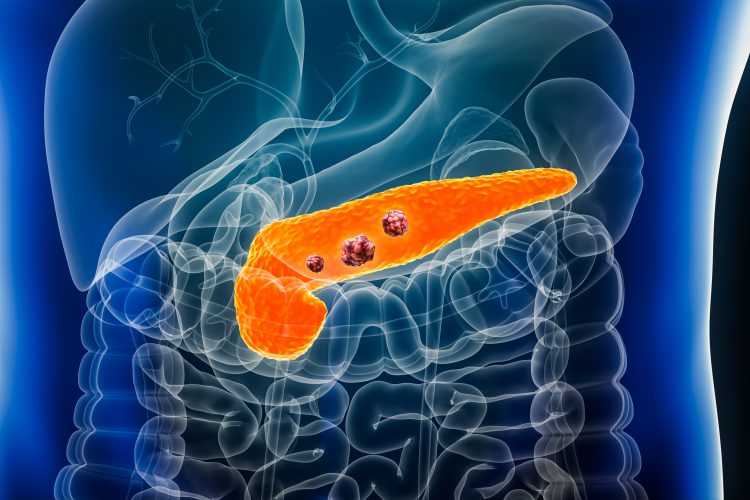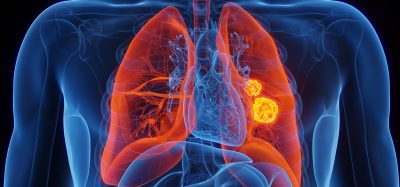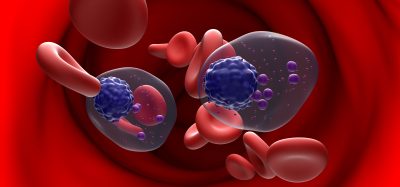Elucidating the mechanism that initiates cancer cachexia
Posted: 15 April 2024 | Drug Target Review | No comments yet
The new findings could lead to new therapeutics and a method to diagnose pancreatic cancer earlier, improving its prognosis.


Researchers at the University of Oklahoma collaborated with the Johns Hopkins School of Medicine, the University of Texas Health Science Center and Yale School of Medicine, to elucidate the previously unknown mechanisms that cause the onset of cancer cachexia.
Cachexia is a debilitating muscle-wasting condition that almost always occurs in people diagnosed with pancreatic cancer. Led by Dr Min Li, professor in the OU College of Medicine, the team found that “crosstalk” between pancreatic cancer cells and macrophages is the first step toward the onset of cachexia. Normally, macrophages protect the body from infection, but in this case, the pancreatic cancer cells recruit them to do harm. Their conversation prompts increased secretion of TNF-like weak inducer of apoptosis (TWEAK), a protein that binds to receptors on the surface of muscle cells and causing inflammation in cachexia.
“Cancer cachexia is an understudied disease, and there are no good treatments, nor does nutritional support help with the symptoms,” Dr Li explained. “People lose their appetite and lose weight quickly, and because of that, they are weak and much less able to tolerate aggressive treatment for pancreatic cancer. The significance of this study is that it provides evidence of an underlying mechanism of cachexia. It is not the cancer cells alone or macrophages alone that start the process of cachexia, but the fact that they are talking to each other.”
Knowing how cachexia begins means that scientists could develop therapeutics to prevent the cascade of events. “It gives us a therapeutic window to intervene and potentially stop or reduce cachexia, thereby giving patients a better chance of fighting pancreatic cancer,” Dr Li commented. “Our next step is to try to develop a drug, possibly one that blocks the crosstalk between the cancer cells and the macrophages.”
“The combination of pancreatic cancer and cancer cachexia significantly diminishes a person’s quality of life. If we can determine a way to reduce the burden of cachexia, people may have a better prognosis in their fight against pancreatic cancer, which now has a five-year survival rate of only 13 percent and is the third-leading cause of cancer-associated deaths in the United States.”
As well as providing a potential target for pancreatic cancer treatment, this research could contribute to the ongoing search for a method to diagnose pancreatic cancer earlier. Past clinical studies have suggested that six to nine months before a diagnosis of pancreatic cancer, people begin losing fat then muscle.
“If a person loses more than five percent of their body weight in a six-month period for no reason, it could be a cause for concern,” Dr Li stated. “Perhaps at some point, changes in a person’s body composition could help clinicians to diagnose cancer at an earlier stage before it has metastasised.”
This study was published in Cancer Cell.
Related topics
Cancer research, Drug Targets, Oncology, Therapeutics
Related conditions
Cachexia, Cancer Research, Pancreatic cancer
Related organisations
Johns Hopkins School of Medicine, University of Oklahoma, University of Texas Health Science Center, Yale School of Medicine
Related people
Dr Min Li (OU College of Medicine)








